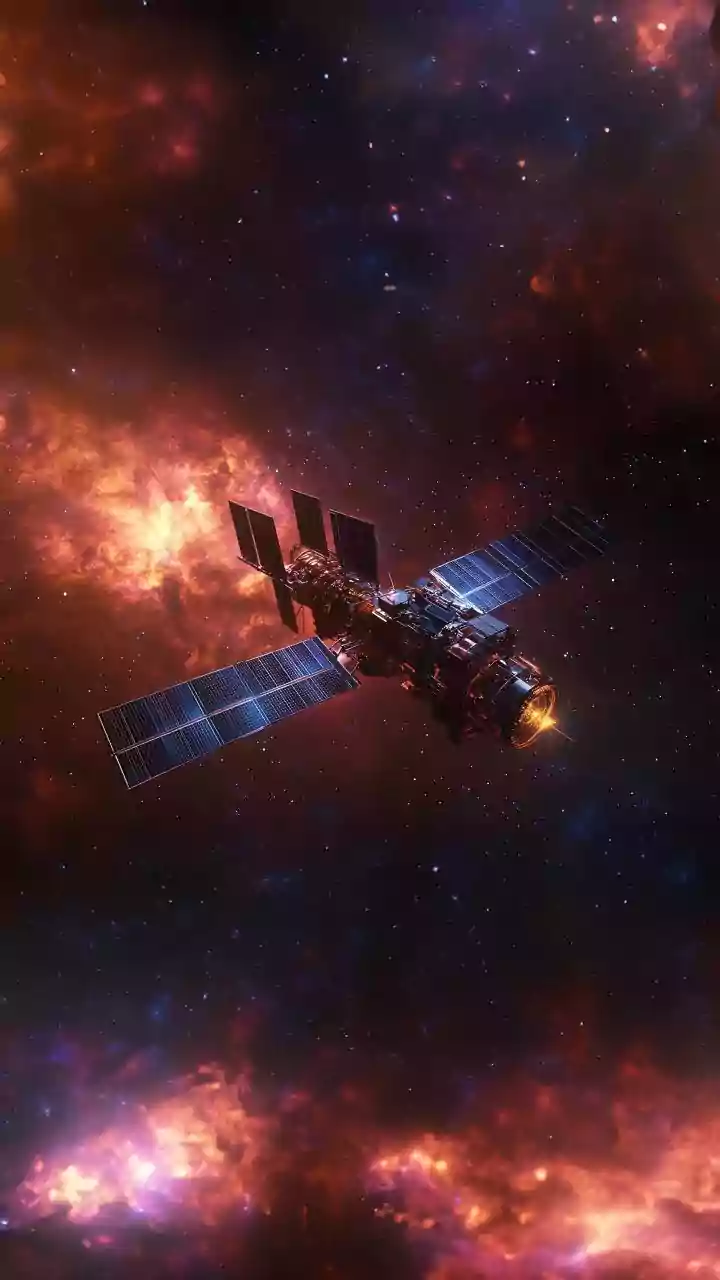Unraveling the Mysteries of Astrobiology: From Earth to the Cosmos. Dive into the search for life beyond our world
The quest to answer one of humanity's most profound questions – are we alone in the universe?
– has driven scientific exploration for centuries. Now, a field called astrobiology is taking centre stage.
Astrobiology is not just about hunting for aliens; it is a multidisciplinary science that investigates the origin, evolution, distribution, and future of life in the universe.
This means looking at everything from the tiniest microbes on Earth to the potential for life on distant planets orbiting other stars. Imagine, using the knowledge obtained right here to search far out there, beyond the confines of our Earth, for hints of something similar to what we already know.
It tries to explain how the different sciences all came together to make life. The beauty of astrobiology lies in its interdisciplinary nature, drawing from biology, chemistry, physics, geology, and astronomy to tackle complex questions.
Astrobiology studies extreme environments for insights on life beyond Earth
The importance of astrobiology lies in its potential to revolutionize our understanding of life itself. By studying extreme environments on Earth, such as deep-sea hydrothermal vents or acidic hot springs, astrobiologists gain insights into the conditions under which life can thrive.
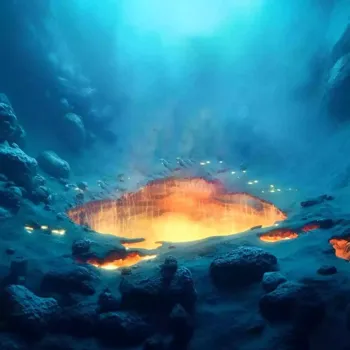
This knowledge is then applied to the search for habitable environments beyond Earth. For instance, if we find microbes thriving in the harsh conditions of the Atacama Desert, a place known for its dry land, that could help us understand whether life could exist on a planet which is also very dry.
By searching for extremophiles which are organisms that thrive in extreme conditions on earth, we could potentially find life in space in very different environments. It is a fascinating feedback that can potentially increase our knowledge exponentially.
Astrobiological research explores Mars, Europa, and Enceladus for life
One of the primary avenues for astrobiological research is the exploration of other planets and moons in our solar system. Mars, with its past evidence of liquid water, remains a prime target.
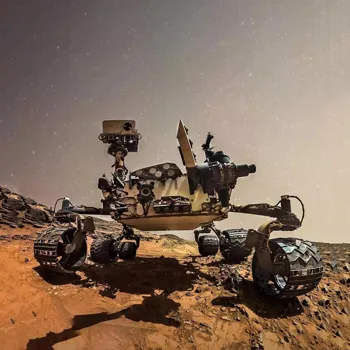
Missions like the Perseverance rover are actively searching for biosignatures, or evidence of past or present life. Europa, a moon of Jupiter with a subsurface ocean, and Enceladus, a moon of Saturn that spews water vapour into space, are also high-priority targets.
Scientists think these oceans might harbor life. These different missions are very important as they are building on the data gathered from previous missions. They are helping scientists formulate ideas about past and potential existence of life.
They are also finding out more about space, planetary bodies and the universe.
Astrobiology explores exoplanets for signs of life
Astrobiology also focuses on the search for exoplanets, planets orbiting stars other than our Sun.
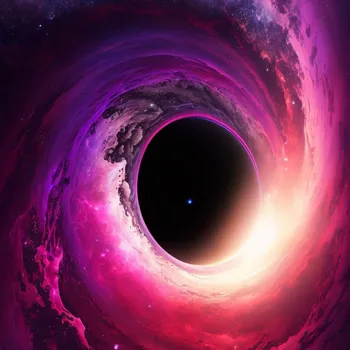
With the advent of powerful telescopes like the James Webb Space Telescope, scientists can now analyze the atmospheres of exoplanets for signs of biosignatures, such as the presence of certain gases that could indicate life.
The study of exoplanets is a rapidly expanding field, with new discoveries being made regularly. This has increased the potential to find life in the universe. With the increase in space tech we are now able to look at these exoplanets and measure their atmosphere better.
As technology improves, our view of the universe will gain more clarity and we can look ahead into the future.
Astrobiology studies habitable planets for potential life
Furthermore, astrobiology contributes to our understanding of planetary habitability. By studying the factors that make a planet habitable, such as the presence of liquid water, a suitable atmosphere, and a stable energy source, scientists can better assess the potential for life on other worlds.
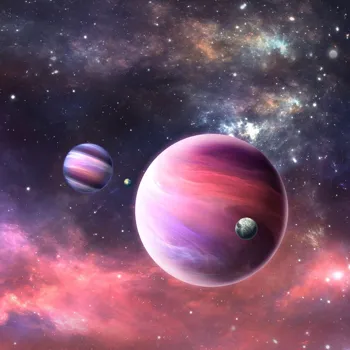
Think about it: If we can figure out what makes Earth so perfect for a living system, we can use that information to find other planets similar to it. Then we know that we can find the right kind of planets that we can spend time and effort on.
We will also gain a better understanding about those conditions and can then recreate that on other planets.
Exploring astrobiology impacts humanity's place in the universe
Ultimately, the exploration of new ideas in respect to Astrobiology has profound implications for humanity. The search for life beyond Earth not only expands our scientific knowledge but also challenges our understanding of our place in the universe.
Whether we find evidence of life or not, astrobiology will continue to push the boundaries of scientific discovery and inspire future generations of scientists and explorers.
Exploration of life in space and self continues
The search for life is an exploration of not just space but also of ourselves and where we fit into the universe as a whole. This search will go on for a while.
AI Generated Content. Glance/InMobi shall have no liability for the content




